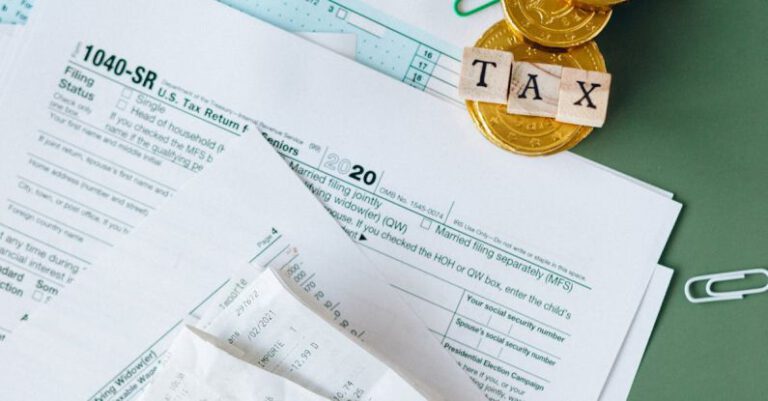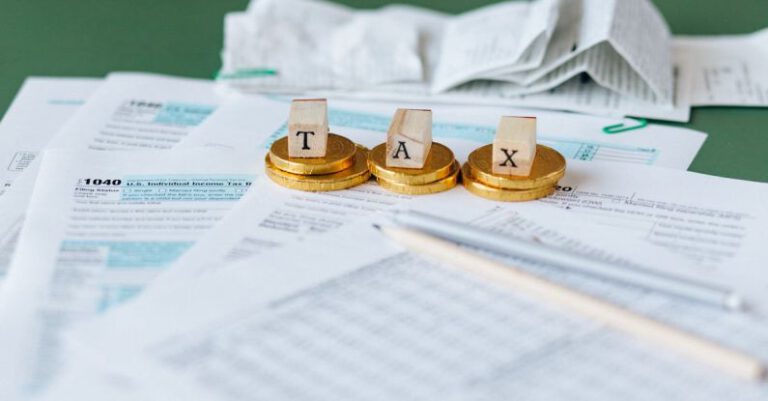The Impact of Inflation on Education Savings
In today’s ever-changing economic landscape, inflation remains a key factor that significantly affects various aspects of our lives. One area where the impact of inflation is particularly felt is in education savings. As tuition fees continue to rise, families are increasingly finding it challenging to save enough money to fund their children’s education. In this article, we will explore the implications of inflation on education savings and discuss strategies that can help individuals navigate this financial challenge.
The Rising Cost of Education
The cost of education has been steadily increasing over the years, outpacing inflation rates in many countries. According to a report by the College Board, the average cost of tuition and fees at public universities in the United States has more than tripled over the past three decades. This sharp increase in educational expenses has made it essential for families to start saving early to ensure that they can afford higher education for their children.
The Impact of Inflation on Savings
Inflation erodes the purchasing power of money over time, meaning that the same amount of money will buy less in the future. This has significant implications for education savings, as the value of money set aside today may not be sufficient to cover future educational expenses. For example, if a family saves $50,000 for their child’s college education over 18 years, but inflation averages 3% per year, the real value of that money would be significantly reduced by the time the child is ready for college.
Strategies to Mitigate the Impact of Inflation
1. Start Early: One of the most effective ways to combat the impact of inflation on education savings is to start saving early. By starting to save for your child’s education as soon as possible, you give your money more time to grow and offset the effects of inflation.
2. Invest Wisely: Investing your education savings in vehicles that offer higher returns than traditional savings accounts can help your money keep pace with or even outpace inflation. Consider options like 529 college savings plans or mutual funds that are tailored for education savings.
3. Regularly Review and Adjust Savings Goals: It is essential to regularly review your education savings plan and adjust your savings goals to account for inflation and changing educational costs. By staying informed about the current trends in education expenses, you can make informed decisions about how much to save and where to invest your money.
4. Consider Inflation-Protected Investments: Inflation-protected securities, such as Treasury Inflation-Protected Securities (TIPS), are specifically designed to safeguard your purchasing power against inflation. Including these types of investments in your education savings portfolio can help mitigate the impact of rising prices.
5. Seek Professional Advice: If you are unsure about how to navigate the complexities of education savings in the face of inflation, consider seeking advice from a financial advisor. A professional can help you create a tailored savings plan that takes into account your specific financial situation and goals.
Planning Ahead for a Secure Future
In conclusion, the impact of inflation on education savings is a significant concern for many families. By understanding how inflation affects the value of money over time and implementing proactive savings strategies, individuals can better prepare for the rising costs of education. Starting early, investing wisely, regularly reviewing savings goals, considering inflation-protected investments, and seeking professional advice are all crucial steps in securing a financial future for your children’s education. By taking these proactive measures, families can navigate the challenges of inflation and ensure that they have the resources needed to support their children’s educational aspirations.






